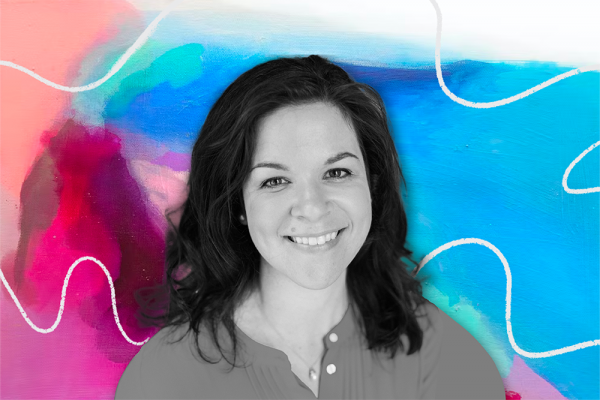Feb 14, 2022
As Baptist minister and CEO of the Religious Coalition for Reproductive Choice, Zeh has participated in plenty of “circular conversations regarding the moral absolutes of abortion.” But as she writes in her new book, A Complicated Choice: Making Space for Grief and Healing in the Pro-Choice Movement, these debates often overlook how abortion always “happens within a person’s real, full, and complex life.”
Read the Full Article

Already a subscriber? Login
